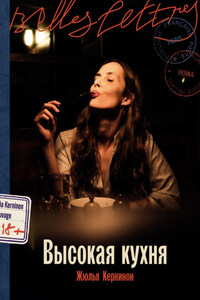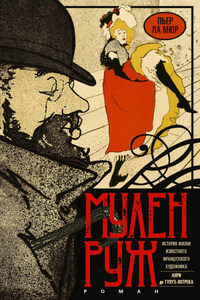The Borough Press
An imprint of HarperCollinsPublishers Ltd
1 London Bridge Street
London SE1 9GF
www.harpercollins.co.uk
First published in Great Britain by HarperCollinsPublishers 2019
Copyright © Sofia Lundberg 2017
English Translation © Alice Menzies 2017
Published by agreement with Salomonsson Agency
Jacket design © HarperCollinsPublishers Ltd 2019
Jacket illustration © Shutterstock.com
Sofia Lundberg asserts the moral right to be identified as the author of this work
Alice Menzies asserts the moral right to be identified as the author of this translation
A catalogue copy of this book is available from the British Library.
This novel is entirely a work of fiction. The names, characters and incidents portrayed in it are the work of the author’s imagination. Any resemblance to actual persons, living or dead, events or localities is entirely coincidental.
All rights reserved under International and Pan-American Copyright Conventions. By payment of the required fees, you have been granted the non-exclusive, non-transferable right to access and read the text of this e-book on screen. No part of this text may be reproduced, transmitted, down-loaded, decompiled, reverse engineered, or stored in or introduced into any information storage and retrieval system, in any form or by any means, whether electronic or mechanical, now known or hereinafter invented, without the express written permission of HarperCollins.
Source ISBN: 9780008277925
Ebook Edition © JANUARY 2019 ISBN: 9780008277949
Version: 2018-11-27
The saltshaker. The pillbox. The bowl of lozenges. The blood-pressure monitor in its oval plastic case. The magnifying glass and its red-bobbin-lace strap, taken from a Christmas curtain, tied in three fat knots. The phone with the extra-large numbers. The old red-leather address book, its bent corners revealing the yellowed paper within. She arranges everything carefully, in the middle of the kitchen table. They have to be lined up just so. No creases on the neatly ironed baby-blue linen tablecloth.
A moment of calm as she looks out at the street and the dreary weather. People rushing by, with and without umbrellas. The bare trees. The gravelly slush on the asphalt, water trickling through it.
A squirrel darts along a branch, and a flash of happiness twinkles in her eyes. She leans forward, following the blurry little creature’s movements carefully. Its bushy tail swings from side to side as it moves lithely between branches. Then it jumps down to the road and quickly disappears, heading off to new adventures.
It must almost be time to eat, she thinks, stroking her stomach. She picks up the magnifying glass and with a shaking hand raises it to her gold wristwatch. The numbers are still too small, and she has no choice but to give up. She clasps her hands calmly in her lap and closes her eyes for a moment, awaiting the familiar sound at the front door.
“Did you nod off, Doris?”
An excessively loud voice abruptly wakes her. She feels a hand on her shoulder, and sleepily tries to smile and nod at the young caregiver who is bending over her.
“I must have.” The words stick, and she clears her throat.
“Here, have some water.” The caregiver is quick to hold out a glass, and Doris takes a few sips.
“Thank you … Sorry, but I’ve forgotten your name.” It’s a new girl again. The old one left; she was going back to her studies.
“It’s me, Doris. Ulrika. How are you today?” she asks, but she doesn’t stop to listen to the answer.
Not that Doris gives one.
She quietly watches Ulrika’s hurried movements in the kitchen. Sees her take out the pepper and put the saltshaker back in the pantry. In her wake she leaves creases in the tablecloth.
“No extra salt, I’ve told you,” Ulrika says, with the tub of food in her hand. She gives Doris a stern look. Doris nods and sighs as Ulrika peels back the plastic wrap. Sauce, potatoes, fish, and peas, all mixed together, are tipped out onto a brown ceramic plate. Ulrika puts the plate in the microwave and turns the dial to two minutes. The machine starts up with a faint whirr, and the scent of fish slowly begins to drift through the apartment. While she waits, Ulrika starts to move Doris’s things: she stacks the newspapers and mail in a messy pile, takes the dishes out of the dishwasher.
“Is it cold out?” Doris turns back to the heavy drizzle. She can’t remember when she last set foot outside her door. It was summer. Or maybe spring.
“Yeah, ugh, winter’ll soon be here. The raindrops almost felt like tiny lumps of ice today. I’m glad I’ve got the car so I don’t have to walk. I found a space on your street, right outside the door. The parking’s actually much better in the suburbs, where I live. It’s hopeless here in town, but sometimes you get lucky.” The words stream from Ulrika’s mouth, then her voice becomes a faint hum. A pop song; Doris recognises it from the radio. Ulrika whirls away. Dusts the bedroom. Doris can hear her clattering around and hopes she doesn’t knock over the vase, the hand-painted one she’s so fond of.








